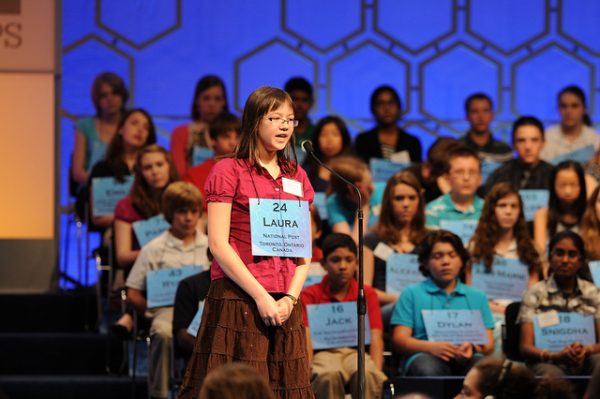
Research shows that Asian-American immigrants’ children are often successful in school. Some researchers suggest that Asian-Americans’ cultural or religious beliefs drive this success, while others suggest Asian-American immigrants promote their children’s education because many Asian-American parents themselves are highly educated. There is more to this picture, however. In a recent article in The Sociological Quarterly, Pawan Dhingra explores how Asian-American parents use the need to be competitive and successful in the modern world to frame educational choices. For these Asian-American families, prioritizing educational and extracurricular activities is an active choice made in their children’s interest.
Dhingra uses focus groups and interviews with 60 Indian-American parents who emphasize their children’s education and have experienced economic success in America. He focuses on families “who participate in academic competition (e.g., spelling bees) and after-school mathematics classes, for enrichment.” All participants immigrated to the United States, and had annual family incomes of over $100,000, at least one spouse with a professional degree, and homes located in middle-class and upper-middle class suburbs.
Dhingra asks these parents why they encourage their children to pursue education and participate in extracurriculars. Many highlight the need to be competitive in the modern world, and they state that education is the best way for their children to maximize their chances of success as opposed to other activities, such as arts or sports. Parents stated that while sports might be an option for other families’ children, their own children would be better off focusing on academics. These findings demonstrate that Asian-American immigrants’ emphasis on education cannot be reduced to culture or family education — it is also driven by a conscious awareness of the need to be competitive in today’s world.

Comments 1
Selvan Patchamuthu — October 3, 2018
1. Stable family environment.
2. Focus on studies only including and not let kids work during high school days.
3. Provide study like environment. No TV, No party around exams.
4.When it comes to spend money on education, no second thought.
5. Parents make their schedule including vacation around kids study schedule. Almost no vacation during high school days.
6. Choose school and friends circle.
7. Basic help even during high school subjects.
8. Constant monitoring and provide mentoring help with their friends.